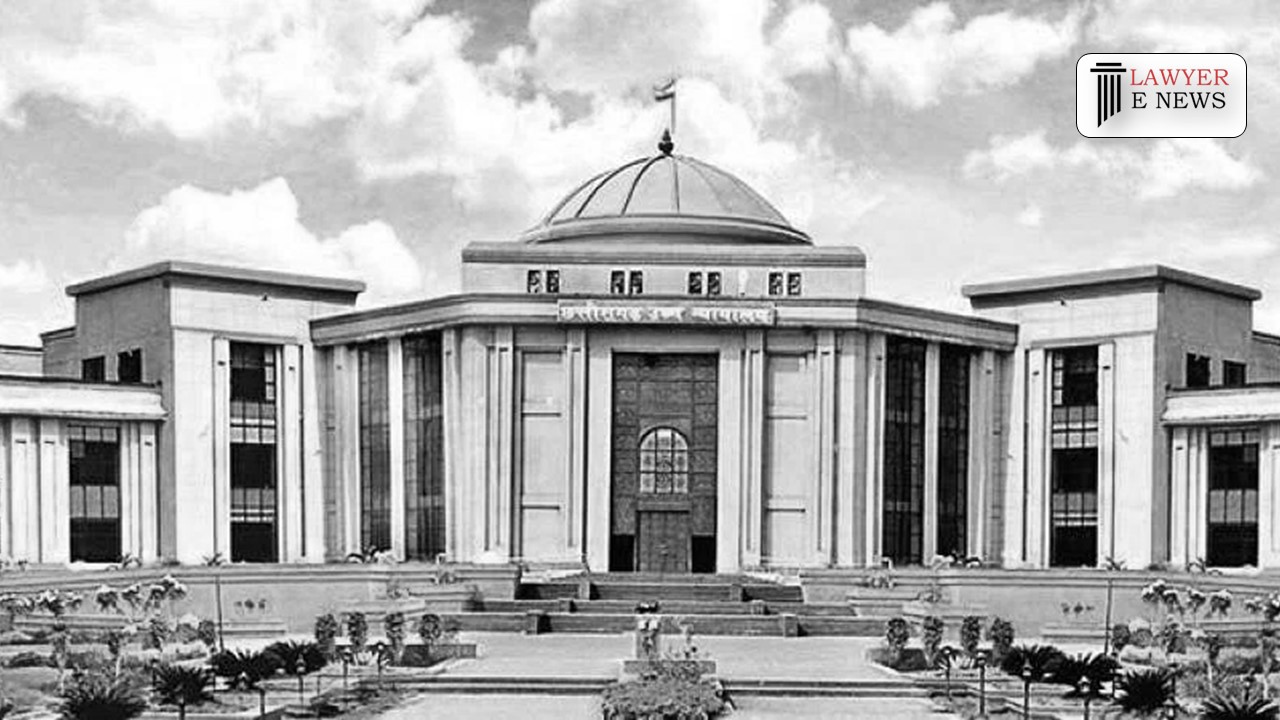-
by sayum
24 February 2026 2:51 PM



In a significant development, the High Court of Chhattisgarh has set aside a divorce decree granted by the Family Court, emphasizing the lack of sufficient evidence to substantiate allegations of cruelty. The judgment, delivered by Hon’ble Justices Goutam Bhaduri and Sanjay Kumar Jaiswal, has garnered attention for its careful examination of the case and its implications for divorce proceedings.
The appellant, Smt. Priya Sharma, had filed an appeal against the divorce decree obtained by her husband, Sanjit Sharma, under Section 13(1)(1-a) of the Hindu Marriage Act, 1955. The appellant contended that the allegations of cruelty leveled against her were not adequately proven, while she maintained that she had been subjected to dowry demands and mistreatment by her in-laws.
In their judgment, the honorable judges highlighted the husband’s failure to provide substantial evidence to support the claims of cruelty. They further noted that the appellant’s refusal to stay under certain conditions imposed by her husband did not amount to cruelty. The court also took into account the pending criminal cases related to dowry demands, which supported the appellant’s allegations.
Justice Goutam Bhaduri, in the judgment, emphasized, “Granting a decree of divorce based on unsubstantiated allegations and without proving cruelty goes against the principles of justice. The burden of proving cruelty has not been discharged properly by the husband in this case.”
The court also addressed the issue of maintenance, ruling that the husband, who holds the position of Assistant Grade-III in the Directorate of Public Education, Raipur, must pay Rs. 10,000 per month as monthly maintenance to the appellant.
This landmark judgment serves as a reminder of the importance of substantiating claims of cruelty in divorce proceedings and ensuring fair treatment for both parties involved. It sets a precedent for future cases where the burden of proof lies with the petitioner, and highlights the need for a comprehensive evaluation of evidence before granting a decree of divorce.
The judgment has been well-received by legal experts, who believe it will contribute to a more nuanced approach to divorce cases and encourage parties to present substantiated evidence of cruelty. It also emphasizes the significance of considering pending criminal cases related to dowry demands in divorce proceedings, ensuring justice and safeguarding the rights of individuals.
As this judgment sets a new precedent, legal scholars anticipate that it will have a far-reaching impact on future divorce cases, promoting a fair and evidence-based approach that upholds the principles of justice and protects the rights of all parties involved.
Date of Decision: 13th July 2023
Smt. Priya Sharma Sanjit Sharma
